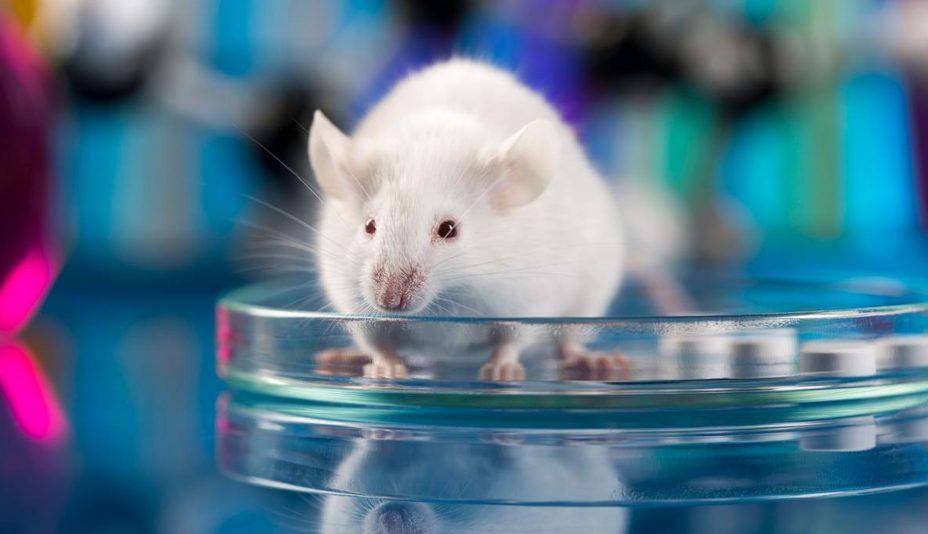By Michael
Irving
July 06, 2022
Facebook
Twitter
Flipboard
LinkedIn

Researchers have demonstrated a new method for cloning mice
from freeze-dried adult cells Photo credit:
DepositphotosVIEW 1 IMAGES
Currently, facilities referred to as “frozen
zoos” are used to store samples of animal sperm, eggs and other tissues at
cryogenic temperatures, allowing us to potentially revive species or
populations that are wiped out. The problem is, these facilities require huge
amounts of energy to run, making them expensive and vulnerable to power outages
or damage from the same environmental disasters that threaten the animals
themselves.
Freeze-drying could be an alternative, preserving samples in
a form that’s more stable and doesn’t require such extreme temperatures. While
storing sperm in this way has been achieved, it’s not always easy to obtain
healthy sperm cells from some animals.
So the researchers on the new study set out to develop a
method for cloning animals from freeze-dried somatic cells, a category that
includes any cells that aren’t sperm or eggs. And the results were impressive –
the freeze-dried somatic cells can be stored for up to nine months, at more
manageable temperatures of -30 °C (-22 °F).
Most importantly, the scientists were able to successfully
clone mice from these freeze-dried cells. After the cells were rehydrated,
their nuclei were removed and transferred to an oocyte, then allowed to form a
blastocyst. These were then used to grow new lines of embryonic stem cells,
which were in turn used to create embryos that were transferred to surrogate
mother mice, ultimately producing cloned mice.
When the clones reached maturity, they were paired with
opposite sex mates, and were all able to have their own offspring. That
indicates their fertility remains intact, and bodes well for the technique’s
potential in restoring threatened species.
It’s not without its issues however. The somatic cells die
during the freeze-drying process, and as such there’s more DNA damage than is
incurred through other methods. After all the steps involved, the total success
rate of cloned mice from freeze-dried somatic cells is a mere 0.02 percent.
Those problems aside, the researchers say that their success
indicates that the technique can be viable, and its increased stability and
lower cost could make it a decent back-up.
The research was published in the journal Nature
Communications.
Source: Scimex